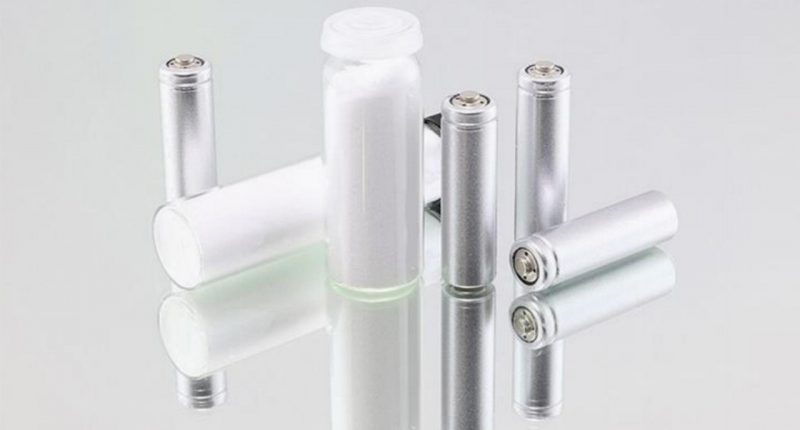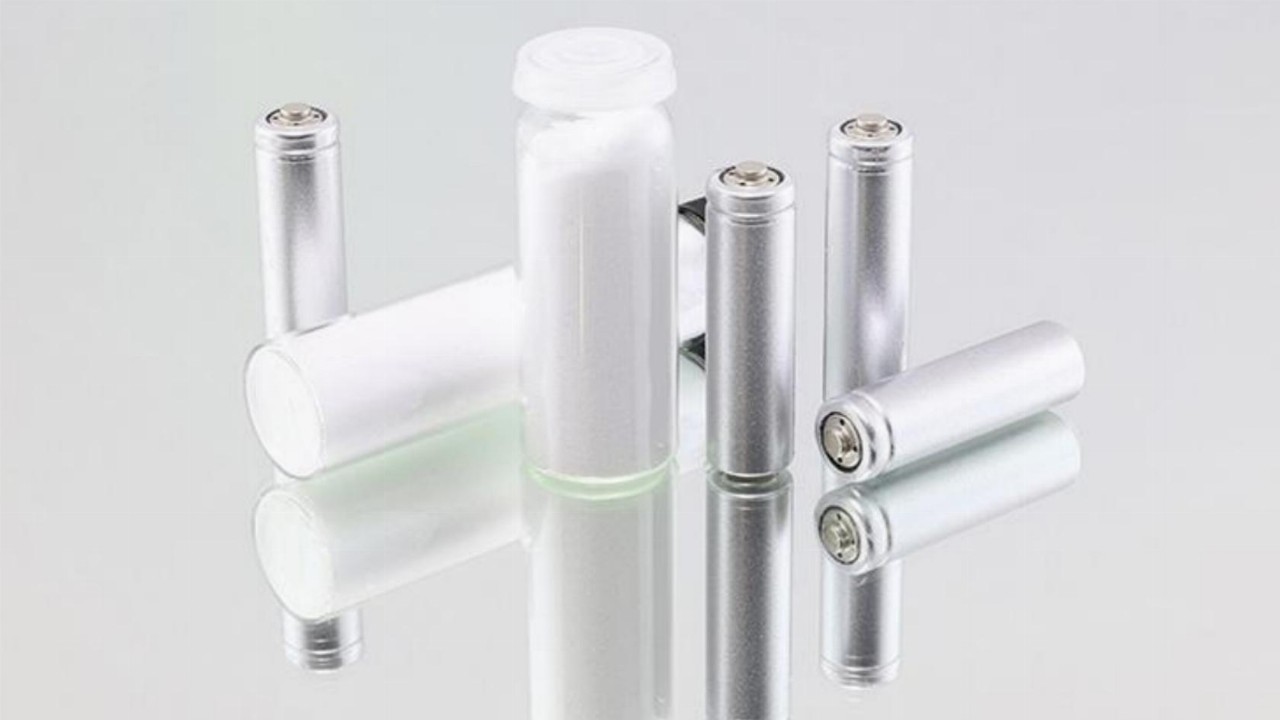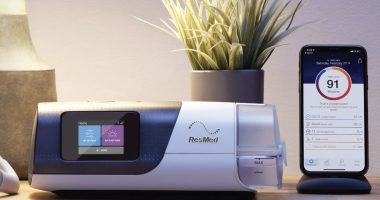- King River Resources (KRR) repeats almost 100 per cent purity during test-work for its precursor high purity alumina processing plant in Kwinana, Western Australia
- The first three campaigns have been completed as part of ongoing test-work to support the definitive feasibility study for the plant
- So far, results from each campaign have produced a variety of aluminium salt at just shy of 100 per cent purity
- The third campaign incorporated some process changes to reduce energy and water consumption, campaign four will test the repeatability of these changes
- Shares have been trading 13 per cent higher at 2.6 cents
King River Resources (KRR) has repeated almost 100 per cent purity during test-work for its precursor high purity alumina (HPA) processing plant in Kwinana, Western Australia.
The project is set to use King River’s ARC process to produce 4N HPA, a crystalline white powder that is almost pure aluminium oxide and made from an industrial chemical feedstock.
High-value HPA is essential for light-emitting diodes (LEDs) and lithium-ion battery separators — which are both used in clean energy and high-technology applications, such as lighting and electric vehicles.
The ongoing laboratory-scale pilot plant test-work of this aluminium salt is being undertaken to support the definitive feasibility study.
Three campaigns have been completed, with all reportedly producing a variety of aluminium salt of 5N, which indicates a purity of more than 99.999 per cent.
Most recently, Source Certain International completed campaigns two and three, the type one precursor aluminium salt products of which were produced by the ARC Process.
Four duplicate analyses were completed on each batch of samples to improve confidence in the results, and KRR reports that greater than 99.999 per cent purity is an average amount of the repeat assays.
The main contaminants are reportedly potassium, sodium, iron and calcium.
While campaign two was undertaken to demonstrate the repeatability of the process, campaign three incorporated some process changes that were proposed to reduce energy and water consumption.
Moving forward, the company is undertaking campaign four which will seek to demonstrate the repeatability of the process changes.
As previously reported, the company continues to investigate ways to convert its precursor aluminium salt to other high purity aluminium based precursors used in the lithium-ion battery and LED industries.
Specifically, tests are assessing whether the salt can produce precursor cathode active materials of nickel-cobalt-aluminium chemistry, which is required in the LiB industry to manufacture cathode active materials used in battery cells.
King River said production runs of the pilot plant along with the work on the definitive feasibility study remain on track and provide exciting developments for the company.
Shares were trading 13 per cent higher at 2.6 cents at 1:34 pm AEDT.








